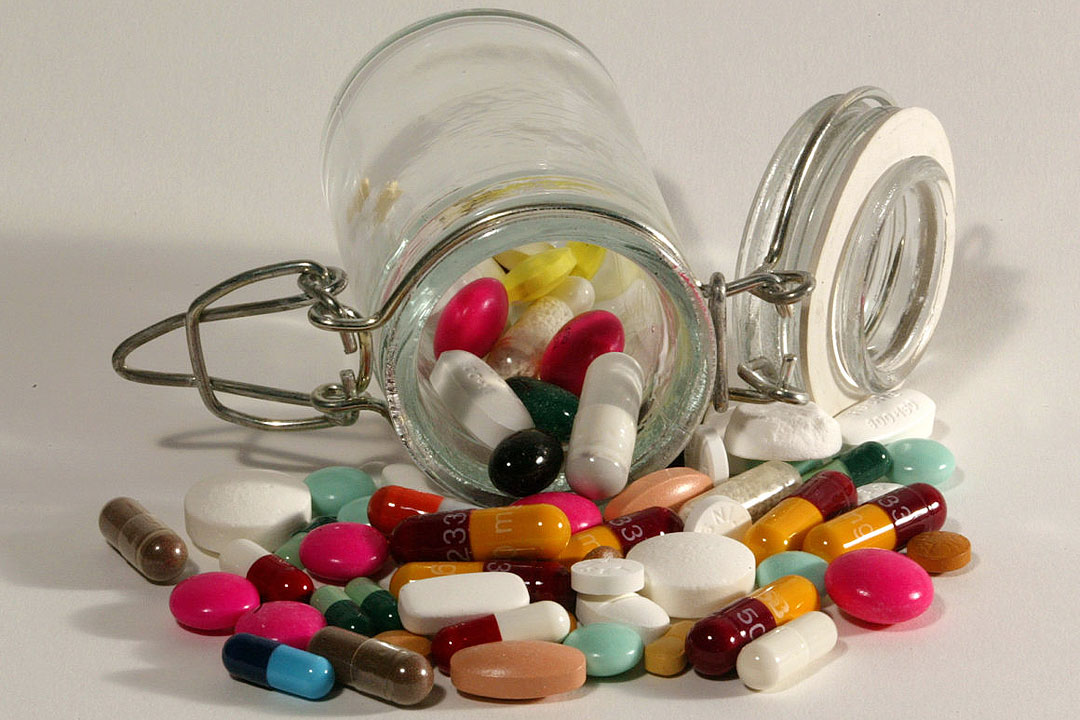THE Department of Environment and Natural Resources (DENR) said public health is at risk from the improper use and disposal of antibiotics from healthcare facilities and the pharmaceuticals industry, which could give rise to “superbugs” that resist treatments available on the market.
“Important policy measures that target specific high-risk environments with elevated concentrations of antibiotics, such as wastewater treatment plants in hospitals, healthcare facilities, and pharmaceutical industries, are of utmost importance,” Environment Undersecretary for Field Operations Juan Miguel T. Cuna said in a statement Sunday.
According to the World Health Organization’s (WHO) website, organisms resistant to antibiotics or “superbugs” that cause infections not treatable with current antimicrobial medicines are spreading rapidly, making antimicrobial resistance one of the top 10 global public health threats worldwide.
The WHO added that the environment plays a major role in antibiotic resistance because bacteria in soil, rivers, and seawater can develop resistance through contact with resistant bacteria, antibiotics, and disinfectant agents released by human activity.
The Department of Agriculture has also warned the public against the misuse and overuse of antimicrobials in animals, especially food-producing animals.
“The careless and excessive use of antibiotics in food-producing animals can result in resistant bacteria not only in livestocks but also in the people who consume meat and poultry products,” Agriculture Secretary William D. Dar said in a statement on Nov. 18.
Health Secretary Francisco T. Duque III, in the same statement, called for “prudent and rational use of antimicrobials.” — Bianca Angelica D. Añago
